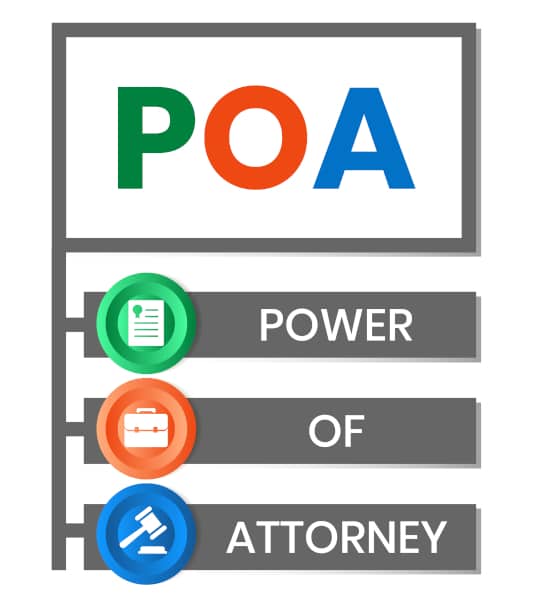Preferably before, but even after a dementia diagnosis, it is crucial to plan ahead. A person with dementia may eventually lose mental capacity. Taking early action ensures their preferences for future care are respected and legal arrangements are in place.
At Wallace Quinn, we regularly support individuals and families across Glasgow, Livingston, Bathgate and beyond with practical legal advice on Power of Attorney and dementia. By doing so, we help people protect their future and retain dignity in the face of change.
What is a Power of Attorney, and how can it help with dementia?
In Scotland, a Power of Attorney is a legal document. It allows someone (the “attorney”) to act on behalf of another person (the “granter”) when they’re no longer able to manage their affairs. This becomes especially important when someone is living with dementia, which may gradually affect their mental capacity and legal capacity to handle finances, healthcare or daily decisions.
The Adults with Incapacity (Scotland) Act 2000 allows Powers of Attorney to remain valid even after someone becomes mentally incapable. The Act also protects individuals’ rights and ensures that proper procedures are followed.

Understanding Continuing and Welfare Powers of Attorney
There are two main types of Power of Attorney under Scots Law:
- Continuing Power of Attorney – Covers property and financial matters. It allows your chosen attorney to manage bank accounts, pay bills, and handle financial planning, even after you become incapable.
- Welfare Power of Attorney – Grants authority to make decisions about your care, accommodation, and personal wellbeing, but only once you are no longer able to decide for yourself.
You can appoint a family member, friend, or professional to be your attorney. In addition, you can nominate the same person or different attorneys for each type or element of Powers of Attorney. Much depends on who you trust to manage your financial affairs and your health and welfare.
These powers are often combined into a Continuing and Welfare Power of Attorney. By doing so, you provide comprehensive coverage for both financial and personal matters. This is particularly valuable when dementia progresses and you can no longer communicate or understand key decisions.
Before making a Continuing and/or Welfare Power of Attorney, your mental capacity to make decisions must be assessed. In Scotland, this assessment is carried out by a medical professional or solicitor. They will discuss the Power of Attorney with you to confirm your ability to understand the implications.
When is the right time to set up a Power of Attorney?
One of the biggest misconceptions is that you only need a Power of Attorney when you’re older or showing signs of ill health. The truth is, it’s better to have one in place well before it’s ever needed. Accidents and illnesses can strike at any age. Once capacity is lost, it’s too late to grant a Power of Attorney. In such cases, families are required to undergo a more complex, time-consuming and expensive Guardianship process through the courts.
This is why we encourage clients of all ages to think about appointing an attorney early. It’s not just a legal formality – it’s a smart, protective measure for your future.
Talk to a local solicitor about a Power of Attorney and dementia
At Wallace Quinn, we’re here to make the process of setting up a Power of Attorney straightforward and stress-free. Our friendly, knowledgeable solicitors have years of experience helping clients across Glasgow, Livingston, Bathgate and throughout Central Scotland.
If you’d like to talk about putting a Power of Attorney in place, either for yourself or a loved one, get in touch today. We’ll guide you through every step and help ensure your wishes are respected, whatever the future may bring.
Power of Attorney and Dementia: Your Questions Answered
Q: What happens if someone with dementia doesn’t have a Power of Attorney?
Q: Can I grant a Power of Attorney after being diagnosed with dementia?
Q: Who should I appoint as my attorney?
Q: Is a Power of Attorney only for older people?
Q: Where can I get help with setting up a Power of Attorney in Scotland?

